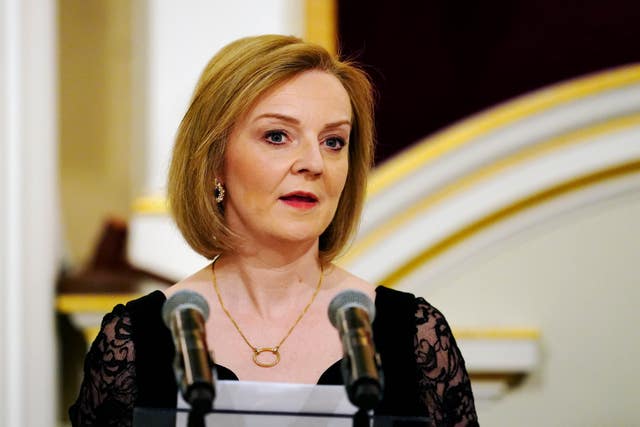
Clive Bull 1am - 4am
1 May 2022, 00:04

Trolls are said to be amplifying pro-Kremlin viewpoints while targeting Boris Johnson’s social media accounts.
Information warfare is being waged from an old arms factory in St Petersburg where trolls are targeting Boris Johnson and spreading support for Vladimir Putin’s invasion of Ukraine, research suggests.
The new study details how the Russian president’s regime is trying to manipulate public opinion on social media as well as in the comments sections of major media outlets.
Online operatives were found to be ordering followers to target Western media outlets and politicians, according to the research funded by the UK Government, which plans to share it with major platforms.
These include the social media accounts of the Prime Minister, German Chancellor Olaf Scholz and EU foreign policy chief Josep Borrell.

Social media accounts of bands and musicians including Daft Punk, David Guetta, Tiesto and Rammstein also appear to have been targeted by the disinformation operation.
Activities on Twitter and Facebook were detected, but were found to be particularly concentrated on Instagram, YouTube and TikTok where research is constrained.
The research said TikTok influencers are being paid to amplify pro-Kremlin narratives.
Another innovation was said to be operatives amplifying genuine messages by legitimate social media users that happen to be consistent with the Kremlin’s viewpoint.
The technique seems designed to evade social media platforms’ measures to combat disinformation.
A key role in the network is said to be performed by a Telegram channel called “Cyber Front Z”, with the letter Z signifying Russian support for the war.
Its headquarters is allegedly located in rented space in St Petersburg’s Arsenal Machine-building Factory, a company that manufactures military equipment and technology.
Researchers say the group seems to have learned from the tactics used by QAnon conspiracy theorists and from the Islamic State terror group.
The troll farm is said to recruit and hire salaried workers openly, justifying the work as “patriotic activity” in support of the “special military operation” in Ukraine.
The analysis suggests one main activity is “brigading”, to steer attention of discussion on social media and in comments sections of newspapers to favoured opinions.
Manipulation of polls in Western media was also observed, including to skew the results of a survey on whether sanctions against Russia were supported.
Foreign Secretary Liz Truss said: “We cannot allow the Kremlin and its shady troll farms to invade our online spaces with their lies about Putin’s illegal war.
“The UK Government has alerted international partners and will continue to work closely with allies and media platforms to undermine Russian information operations.”
The Foreign Office was not identifying the researchers behind the work amid concerns over their safety for conducting work critical of the Russian president’s regime.
Culture Secretary Nadine Dorries said: “These are insidious attempts by Putin and his propaganda machine to deceive the world about the brutality he’s inflicting on the people of Ukraine.
“This evidence will help us to more effectively identify and remove Russian disinformation and follows our decisive action to block anyone from doing business with Kremlin-controlled outlets RT and Sputnik.”
The troll factory is suspected to be linked to Yevgeniy Prigozhin, the founder of the Internet Research Agency accused of meddling in the 2016 election that saw Donald Trump win the presidency.